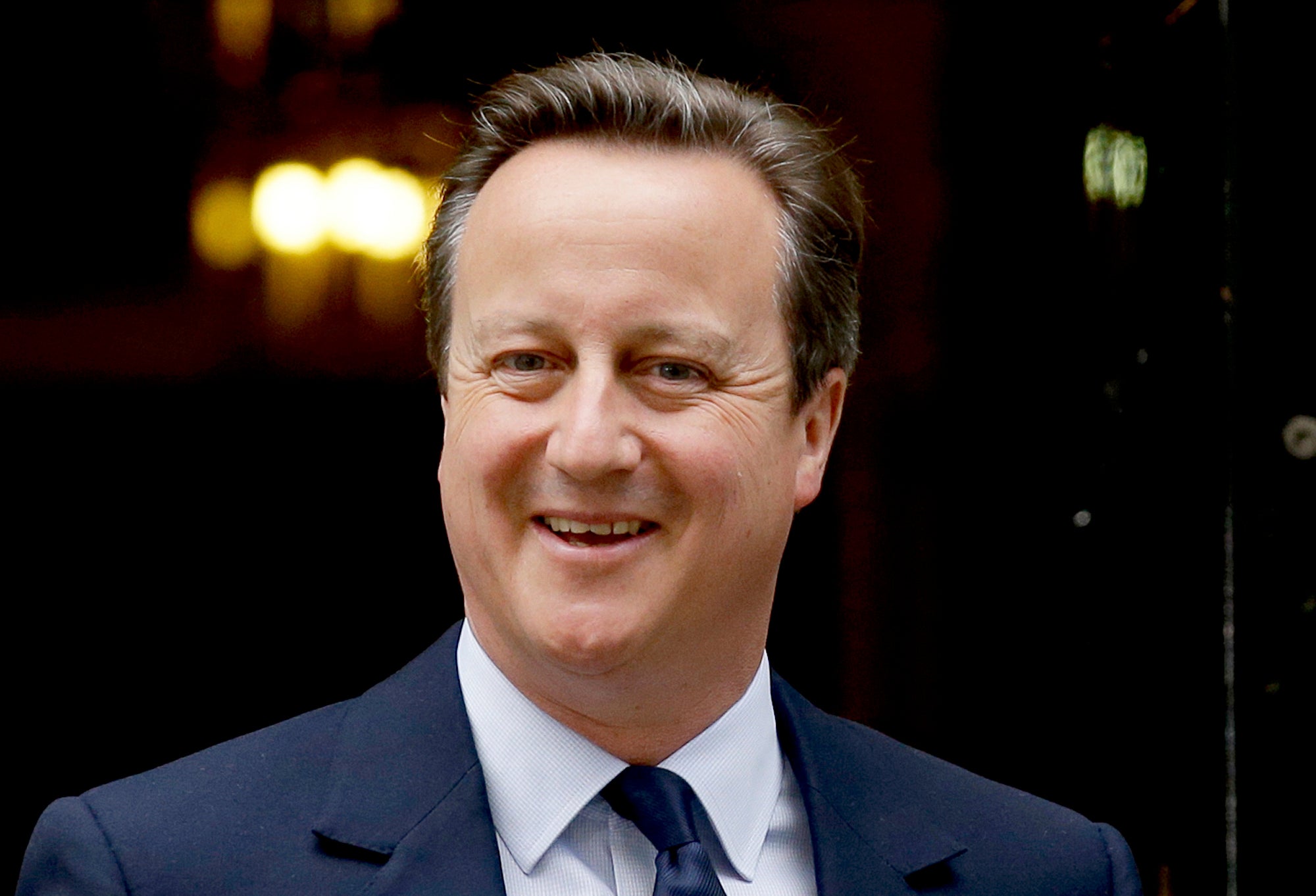The definitions of lobbying are not drawn tightly enough
Editorial: The conflicts of interest between the civil service and business have become blurred, but politicians have little incentive to put limits on their future earnings

If David Cameron had been given share options to push lobbying to the top of the political agenda, he might be as rich as he might once have dreamed his association with Alex Greensill and Greensill Capital was going to make him.
The increasingly disturbing revelations about the civil service under Mr Cameron have propelled the issue from benign neglect to the centre of the political stage and the subject of no fewer than four reviews. Mr Cameron has graciously let it be known that he is willing, even keen to come along and give evidence to the two parliamentary enquiries, the government’s internal review, and whatever Eric (now Lord) Pickles, head of the relevant watchdog, wants to know.
In reality, Mr Cameron has no choice but to come out of hiding. He surely doesn’t want to be the first former PM to be held in contempt of parliament. He has one or two more chances to salvage what is left of his political reputation when he speaks to the Treasury Select Committee and the Commons Public Administration and Constitutional Affairs Committee.
A former PR man for Carlton Television as well as well-mannered prime minister, and always a smooth operator, “Dave”, as the current occupant of No 10 calls him, has his work cut out, and has been politically friendless ever since he lost the Brexit referendum to Mr Johnson. He need expect no help from his old Bullingdon Club chum.
In due course, the committees and the internal investigation will meander to their inevitable, predictable conclusions. They will restate what was clear even since Mr Cameron pushed his weak rules on lobbying through parliament a few years ago, complete with handy ex-prime minister-sized loopholes. The definitions of lobbying are not drawn tightly enough; the conflicts of interest between the civil service and business have become blurred; there are too many opportunities for tacit understandings about future earnings and perks between private and public operators, and there are no sanctions for transgression.
Even if the various enquiries were to come to more radical, tougher conclusions there is no obligation on ministers to enact them, whatever their rhetoric might suggest. Some, like Mr Johnson, seem to need seven-figure annual incomes just to get by, and they expect to see such fantastical sums delivered into their bank accounts not so very long after they have finished public service. For that, they will need the kind of contacts and commercial flexibility that has caused such embarrassment for Mr Cameron.
After all, everything he did was within the rules, and he could make £50m if the enterprise he was involved with performed well (a figure disputed by Mr Cameron). A civil servant in charge of the government’s commercial activities and apparently taking jobs with the private sector even while still on the public payroll is certainly irregular. Even if it was formally approved, there will be questions about who did so and why.
In the end, though, it is never going to be in the interests of politicians in power or their senior advisers to put limits on their future earnings. It is a habit not confined to any one party; it is a weakness inherent in the system. When Tony Blair called John Major’s government sleazy he had a point, and it resonated with the public; but when New Labour came to power it was swiftly engulfed in the Formula One “cash for access” affair, and it ended after 14 years with a former Labour cabinet minister, along with Blair himself, a cab for hire.
As the leader of the opposition, Mr Cameron got tough on his MPs’ abuses of the expenses system, and talked about lobbying being the next great scandal, but ended up in Downing Street doing the least he could get away with and, well, being the author and subject of the next great scandal himself.
It would be hard to avoid wondering whether, on some distant day when they have retired from a great reforming Labour administration, Sir Keir Starmer, Angela Rayner or Ed Miliband, might too find themselves at the centre of some scandal. There does seem to be something of a pattern.
Join our commenting forum
Join thought-provoking conversations, follow other Independent readers and see their replies
Comments
Bookmark popover
Removed from bookmarks